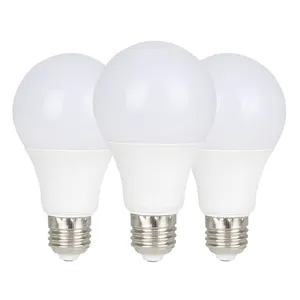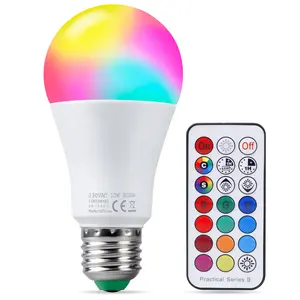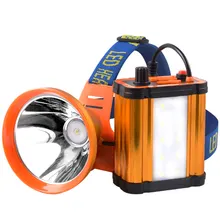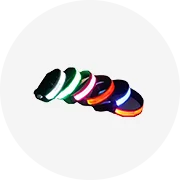Exploring the Versatility of Electric Bulbs
The electric bulb has been a cornerstone of artificial lighting since its inception. Over the years, this product category has evolved, giving rise to a plethora of bulb types designed to cater to diverse lighting needs. From the humble beginnings with Thomas Edison light bulbs, the industry has progressed to include advanced LED lamp light bulbs and smart light bulbs, each offering unique benefits and applications.
The Evolution and Types of Electric Bulbs
Initially, the incandescent light bulb dominated the market, providing a warm glow that many still associate with home lighting. However, the need for energy efficiency and longevity brought LED lights light bulb variants to the forefront. These bulbs are not only energy-efficient but also come in various shapes and sizes, accommodating both general and specific lighting situations. Light bulb types have expanded to include options like rechargeable light bulbs and those with built-in motion sensor light bulb technology, offering enhanced functionality.
Applications and Features of Electric Bulbs
Modern electric bulbs are designed to serve multiple applications. Whether it's for residential, commercial, or outdoor environments, there is a bulb tailored for the setting. Outdoor light bulbs are crafted to withstand the elements, while motion detector light bulbs add security and convenience to any space. The features of these bulbs have also seen significant advancements, with options like dimmability, color-changing abilities, and integration with home automation systems.
Materials and Advantages of Electric Bulbs
The materials used in electric bulbs have a direct impact on their performance and eco-friendliness. LED bulbs, for instance, use semiconductor materials that are more durable and less prone to breakage compared to the traditional glass and filament of incandescent light bulbs. The advantages of opting for modern bulbs include energy savings, lower carbon footprint, and reduced need for frequent replacements, which can be a significant benefit for business buyers looking to minimize operational costs.
Choosing the Right Electric Bulb
Selecting the right electric lightbulb involves considering factors like luminosity, energy consumption, and lifespan. For those seeking ambient lighting, the soft light of an Edison bulb might be appealing, while areas requiring bright, consistent light might benefit from the latest LED technology. For specialized needs, such as lighting that must operate during a power outage, rechargeable light bulbs offer a reliable solution.
Conclusion
In conclusion, the electric bulb market offers a vast array of options to suit any lighting need. While the classic Thomas Edison bulbs provide a nostalgic touch, the modern LED lamp light bulb delivers efficiency and longevity. With the advent of smart light bulbs, users gain unprecedented control over their lighting environments, making electric bulbs not just a utility but a smart investment in comfort and convenience.







































 浙公网安备 33010002000092号
浙公网安备 33010002000092号 浙B2-20120091-4
浙B2-20120091-4